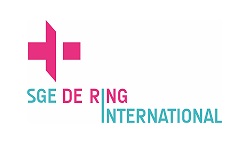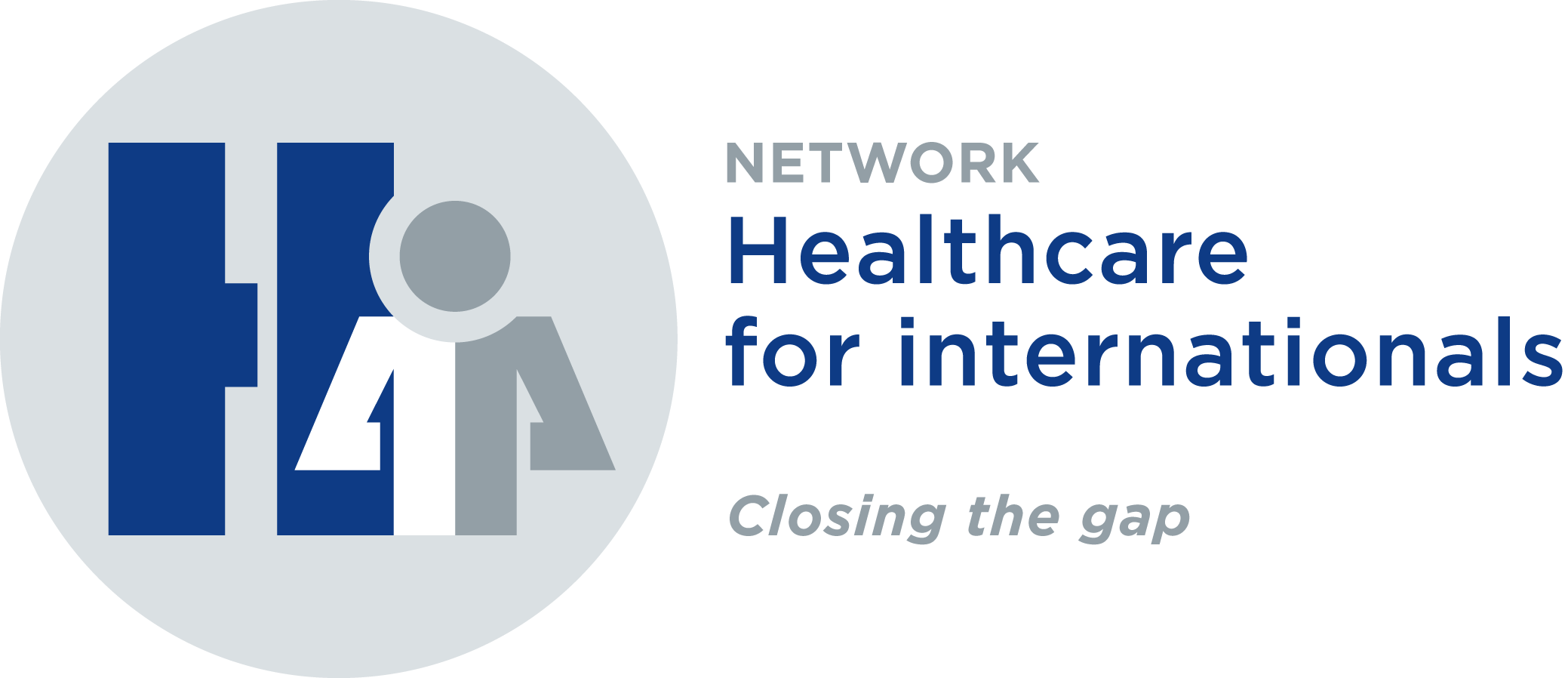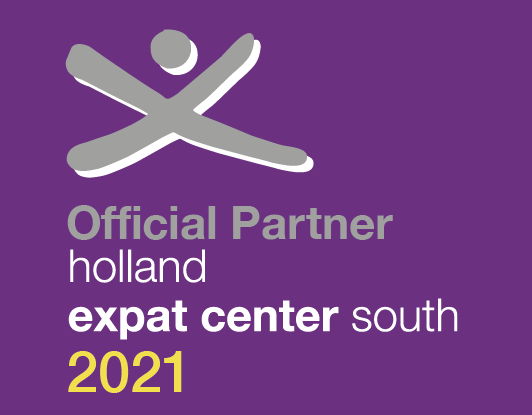Physical Therapy in the Netherlands

Whether you have visited a physiotherapist in the past or not, it might be helpful to learn how physiotherapists work and how you can access this particular type of healthcare while staying in the Netherlands.
What is a physiotherapist and how can he assist you?
A physiotherapist is a health-professional who is specialized in problems of the body, related to movement. He or she can treat muscles and/ or joints, chronical illness that can benefit from exercise, or assist with exercises to help the body with it’s natural recovery process.
How to access a physiotherapist/ treatment?
You don’t need a referral (“verwijzing” in Dutch) from your doctor or general practitioner. If you think you have a problem related to the movement system of your body, you can make an appointment with a physiotherapist straight away. This might include injuries caused by sports, problems related to work (posture), small incidents like falling etc. or just bad luck as you might wake up with a sore neck or acute lower back pain.
The physiotherapist will start with an intake, in which case he or she will ask you to explain your complaints and will ask you some questions to get a better idea of what kind of problem we are dealing with. Next he or she will start a physical examination, by testing the joints, the muscles or specific tests for specific structures. The physiotherapist can get a good idea of what might be the cause of the complaint and how to possibly treat it. If the physiotherapist does not find enough evidence to explain your complaint, or if something is not possible to assess by just physical testing, he will refer you to your doctor for some extra diagnostics or testing through other means.
Payment/ Insurance
In the Netherlands everyone is obliged to have a basic health insurance (“zorgverzekering” in Dutch). However, a basic health insurance doesn’t cover treatment by a physiotherapist (except in very specific situations) and you must choose (it’s not obligated) to take an additional insurance (“aanvullende verzekering” in Dutch) to be insured for a certain amount of physiotherapy treatments. How many sessions of physiotherapy, depends on which additional insurance package you choose. If you don’t have an additional insurance regarding physiotherapy, you will have to pay for the treatments yourself.
Different specialisations within physiotherapy
Within the profession of physiotherapy there are certain treatments or complaint/patient types in which the physiotherapist can take a specific interest in, or even undertake additional education so he can become a Master in specific areas of physiotherapy treatments. These physiotherapists have a higher level of expertise regarding certain type of injuries and can often be of extra help regarding specific complaints.
A few examples include:
- A manual therapist (“manueel therapeut”) specializes in problems related to bony structures/ joints which have for example a limited movement.
- A sports physiotherapist specializes in complaints caused by sports, or complaints that prohibit people from participating in sports.
- A geriatric physiotherapists specializes in complaints regarding elderly people and the many different forms of disabilities or diseases that comes with growing older.
There are of course many more specialisations. Ask your physiotherapist or doctor if you need to find a specialized physiotherapist.
I hope this information has shed some light on physiotherapy in the Netherlands and how they can be of use to you.
 Nederlandse website
Nederlandse website Nederlandse website
Nederlandse website


